By Hussaini Garba Mohammed, Who was in Germany
* American Professor of Computer Science and Mathematician
- An encounter with HLF Laureate
- A winner of the Association for Computing Machinery’s A.M. Turing Award.
During the interview, the Professor makes the spontaneous sounds, throughout the interview, he was happy with instinctive expressions to grant the interview with someone from Africa.
The interview took place at the new Heidelberg University, a historical Nobel Prize and oldest university the university stated getting a Nobel Prize awards since 1901 to 2014 for achievements in physics, chemistry, medicine, literature and peace. It is regarded throughout the world as the highest distinction of accomplishment in these fields. With 56 Nobel Laureates share a connection with Heidelberg University or the city of Heidelberg.
I was happy to receive an email in the early hours of Monday, September 19, 2022, at about 8:00 am from Nikolas A. Mariani, stated: As promised, here’s an email to confirm the details. I have set up an interview for you with Prof. Tarjan on Tuesday, September 20, at 12:15 p.m, further stated you should have roughly 20-30 minutes.
I was privilege to encounter with Professors Robert Endre Tarjan an American computer scientist and mathematician.
I was lucky; the Professor accepted my request to have one on one with him. Professor Tarjan discoverer several graph algorithms, including Tarjan’s off-line lowest common ancestors algorithm, and co-inventor of both splay trees and Fibonacci heaps. And together with John E. Hopcroft, discover the fundamental achievements in the design and analysis of algorithms and data structures.
Including his contribution of several algorithmic analyses of striking profundity and elegance, won Nevanlinna Prize – in 1982 and Won ACM A.M. Turing Award – in 1986
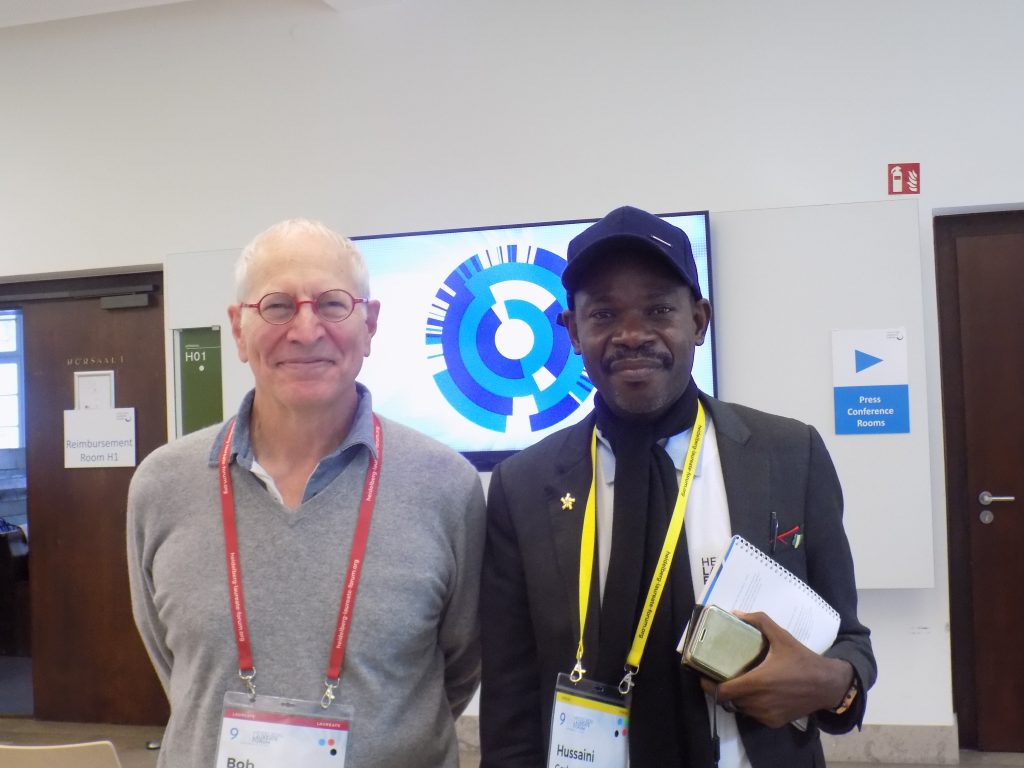
Sorry Sir, I just want to ask you, after you have received your ACM award you have practice in so many different research projects what is the best project ever you have done which makes you so proud every time you think about it?
Laugh: It is a very good very hard questions to answer, you know I have been involved on so many things, one thing I am especially so proud about in my life time research work, was my worked on an analysis of a very simple algorithm it’s called the “A union-find algorithm”.
So the algorithm is very simple but the analysis is complicated and leads to its highly unexpected result I think that is the one, certainly one of the ones I like the best.
What is Union find algorithm example?
A union-find algorithm is an algorithm that performs two useful operations on such a data structure.
…….
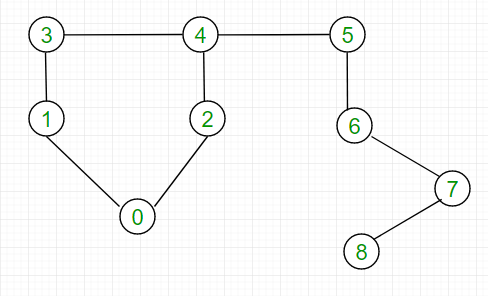
Union find algorithm
I understand that algorithm is one of the best research works which have been used in United State since century, that algorithm was use for election voters. Do you have an idea whereby we can use algorithm for election voters in Africa which will help us to get more right during election in Africa?
I think is a very good question, it is a question about internet voting and related to electronic voting and electronic and internet voting can help improve election systems in Africa, in several different ways. But I believe you can ask the security expert like Whitfield Diffie, a Fellow, International Association for Cryptographic Research 2004; and also ACM Turing Award in 2015 who invented and promulgated both asymmetric public-key cryptography, including its application to digital signatures, and a practical cryptographic key-exchange method. The Cryptographic was a process in securing both electronic and internet voting.
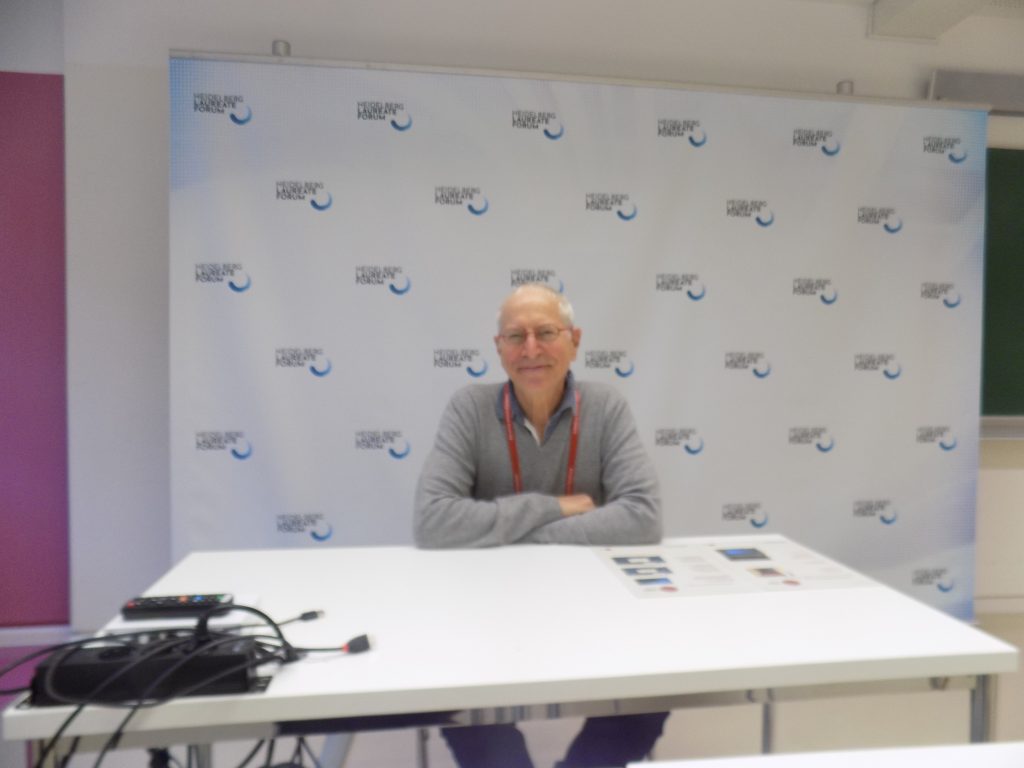
As Computer and Mathematician Professor how often do you think computer or mathematics student should take test or practical before final examination in the academic session?
I don’t like to give more text, I always like coming to class room with students and give them problem, which means the student can go and concentrate about how to solve the problems, as a student’s sitting alone and concentrate how to solve a problems it’s the most important during your stay in university, and the most important one was to be a creative students, also find a way to create an ability to solve sequences in mathematics, for example there are mainly three types of sequences: Arithmetic Sequences, Geometric Sequence, Fibonacci sequence.
As you know for getting to 2 years we are operating worldwide virtually, but in person is much more better.
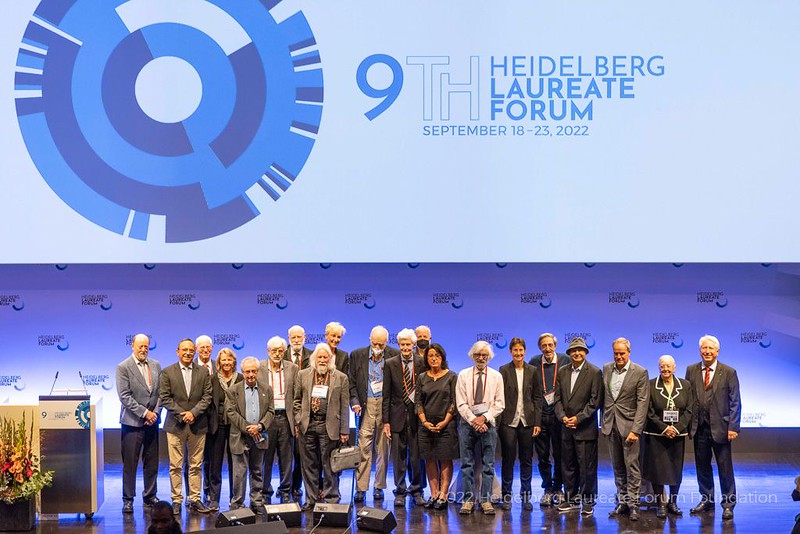
Can you explain your process in preparing for your student in class?
My processing,I am not big fan of I like taking note, writing slide, and think about how I will explain in details to my students during question and answer. I try to be responsible to any questions to my student in class directly.
Finally, what is your advice to African student, especially the young researchers from Africa?
Education is incredibly important, it is wonderful, and we have young researchers from different African countries, especially Nigeria, Nigeria with 14 students has emerged the second position of countries with the highest number of mathematics and computer science best young researchers during the 2022, 9th Heidelberg Laureate Forum (HLF), in Germany.
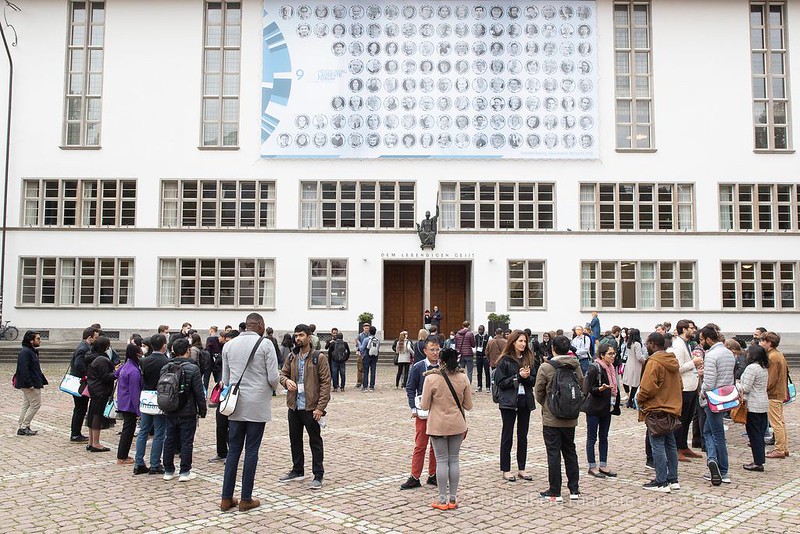
The List of the student from Nigeria comprise of: Oluwatosin Babasola, a PhD student at University of Bath in the UK, Dr Laeticia Nneka Onyejegbu, a lecturer in the Department of Computer Science, University of Port Harcourt, Osahon Jeffery Asowata of College of Medicine, University of Ibadan.
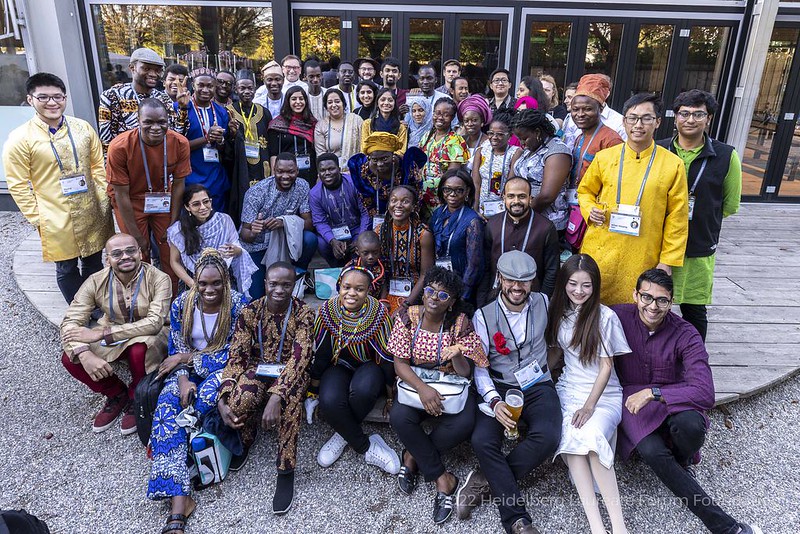
Other Nigerian students for the award include Augustina Amakor, of Grenoble INP, University Frances, Abdulganiyu Jimoh, Mohammed VI Polytechnic University, Morocco, Oluwasesan Adewusi Chartered Institute of Forensics and Certified Fraud Examiners of Nigeria, Victor Amarachi Uzor, University of KwaZulu, Natal- South Africa, and Tolulope Anthonia Adebayo, Federal University of Technology, Akure, Nigeria.
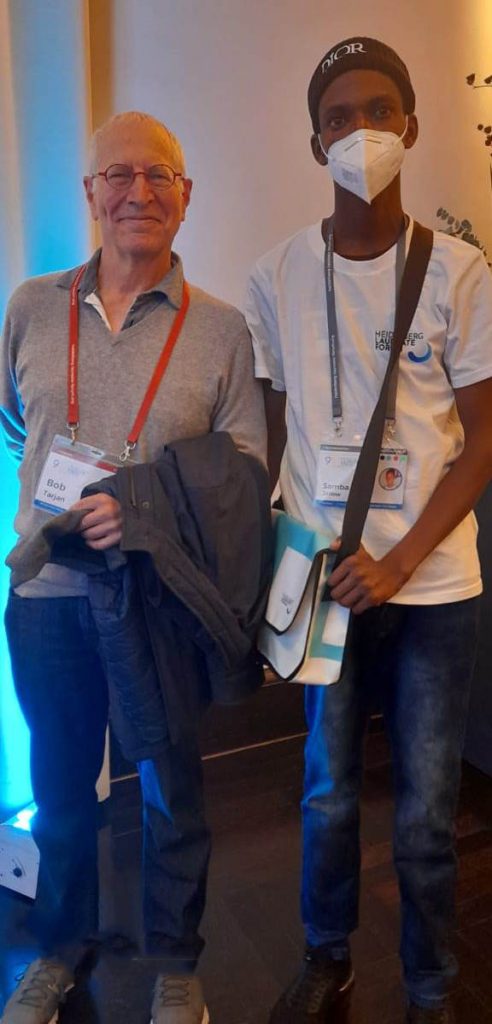
Also, Grace Nnennaya Ogwo of University of KwaZulu Natal, South Africa, Chinwendu Emilian Madubueze, federal University of Agriculture, Makurdi, Benue, Christianah Titilope Oyewale, University of Ibadan, Tejumade Afonja, Saarland University, Germany, Joseph Damilola Akinyemi, University of Ibadan, Michaelangelo Francis-Alfred, Federal University of Technology, Akure and Julius Olaniyan, Land Mark University – Kwara.